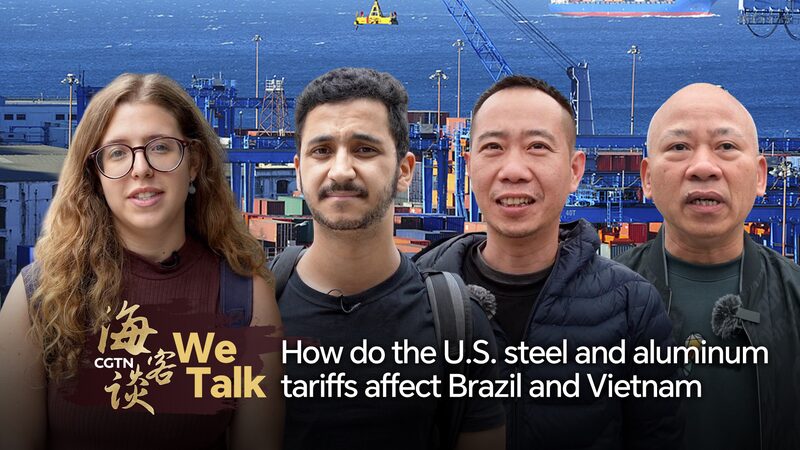On March 9, U.S. Commerce Secretary Howard Lutnick confirmed that President Donald Trump's decision to impose a 25% tariff on steel and aluminum imports from all countries will take effect on March 12. This move has sparked a lively global debate and raised concerns among various market players.
In Vietnam, workers involved in the steel and aluminum industries expressed deep concerns over the new tariffs, noting that the increased costs may hinder the ability of Vietnamese aluminum products to penetrate the U.S. market. Their voices underscore the challenges faced by industries striving to maintain competitiveness in a dynamic global trade environment.
Meanwhile, in Brazil, entrepreneur Alderir Gutierres warned that the 25% tariff could disrupt a market framework shaped over decades under World Trade Organization standards. Gutierres emphasized that such a significant policy shift may have extensive ripple effects on Brazil's export landscape and economic stability.
For young global citizens, business professionals, and thought leaders alike, this development is a vivid reminder of how swiftly trade policies can reshape international markets. As analysts and industry insiders continue to monitor the unfolding situation, the focus remains on how these tariffs will influence supply chains, economic growth, and sustainable development in an increasingly interconnected world.
Reference(s):
How do the U.S. steel and aluminum tariffs affect Brazil and Vietnam
cgtn.com




